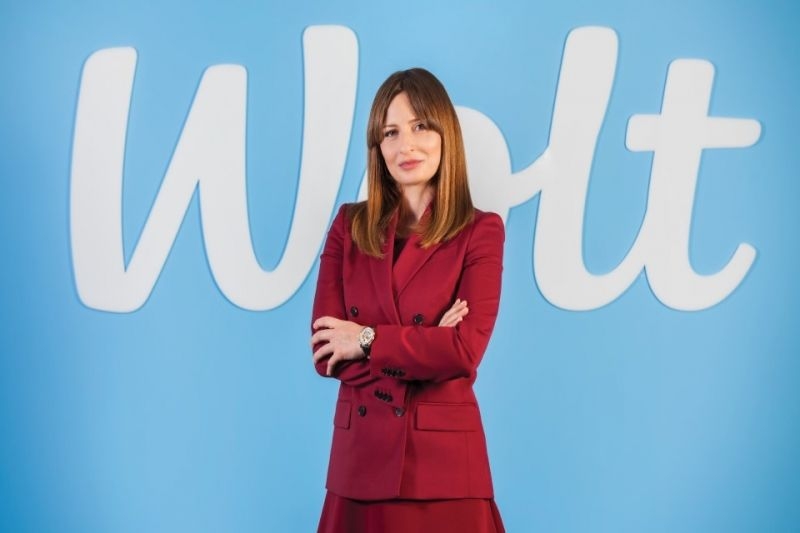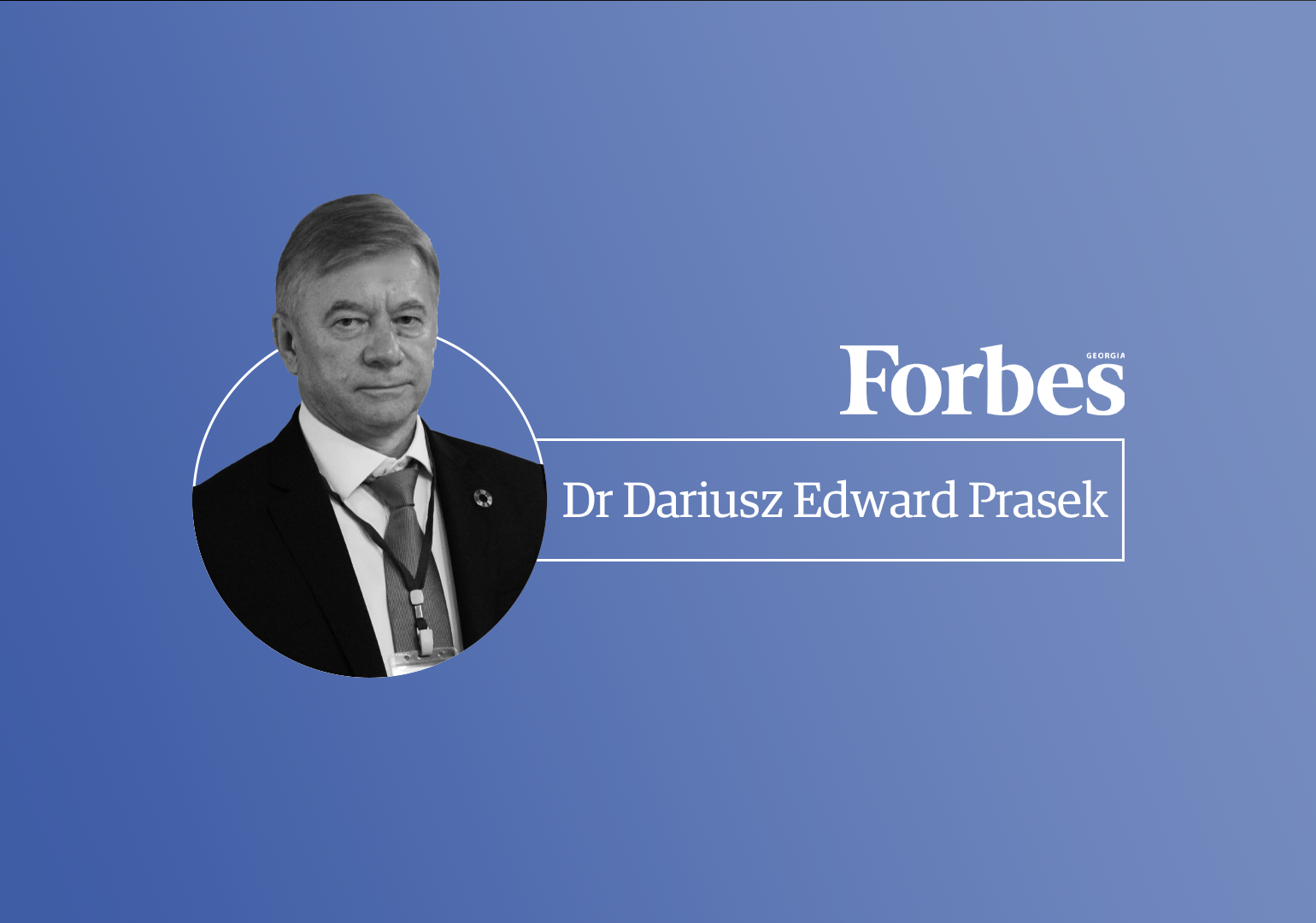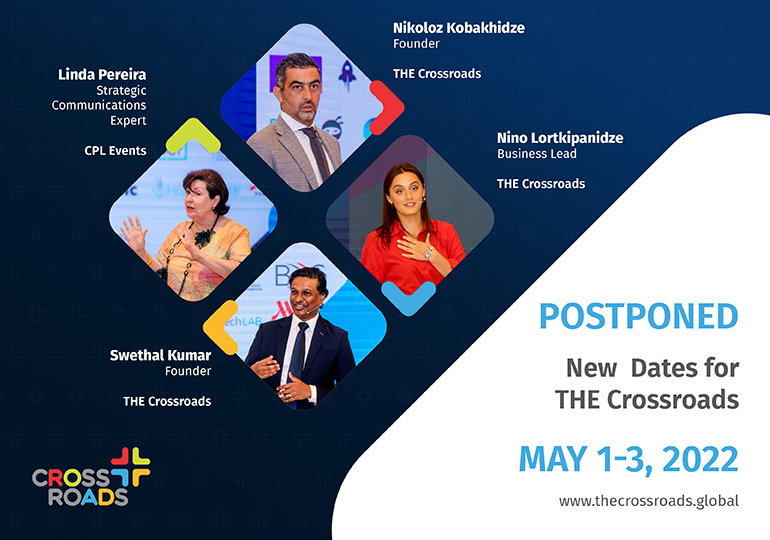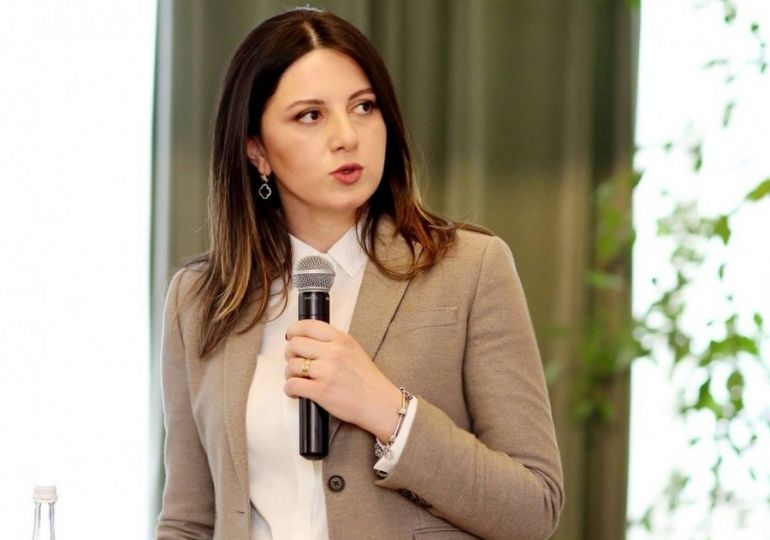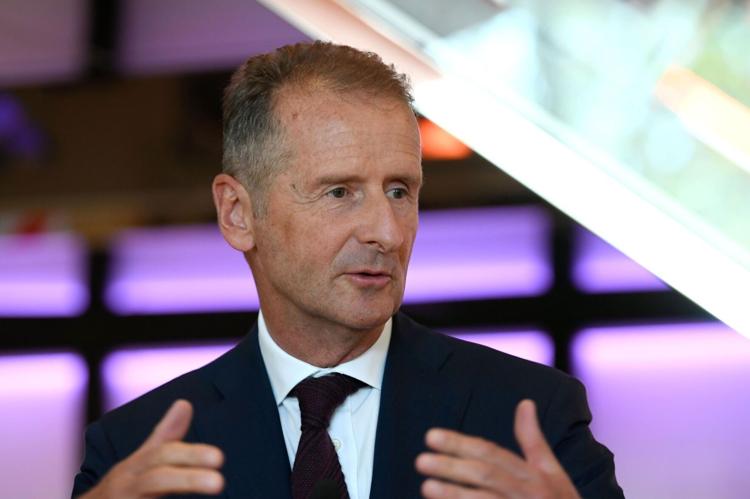Wolt is facing the COVID-19 pandemic in 22 international markets, including Georgia.
11th of May is the birthday of Wolt Georgia. One of the more popular delivery services of the nation entered the market exactly two years ago and has been growing ever since. Unlike many other companies, Wolt escaped the Coronavirus unscathed, in fact, the global pandemic has only accelerated the company’s growth both locally and globally.
Wolt’s statistics are as follows: 22 countries, 80 cities, more than 10,000 restaurant partners, well-above 20,000 courier partners. Wolt has raised €258M in funding from investors including ICONIQ Capital, Highland Europe, 83North, EQT Ventures, Goldman Sachs, Inventure, Lifeline Ventures, Supercell founder & CEO Ilkka Paananen and Nokia Chairman Risto Siilasmaa, among others.
Founded in Finland in 2014, the company currently has 900 employees and this number is growing. When Wolt entered Georgia in 2018, the company was only represented in six nations and employed 150 individuals. Natalia Khizanishvili, with 13 years of experience in the technology and commerce sector, has been the general manager of Wolt’s Georgian branch for two years. Due to the Coronavirus, the interview was conducted via Zoom. After reading the interview with Natalia Khizanishvili, one will be convinced once more than in every crisis, however severe it might be, lies great opportunity. If only one were to look for it and seize the opportunity.
How has COVID-19 affected Wolt?
COVID-19 has altered the working principles of every company, including us, in multiple ways. First of all, we do everything, within the realm of possibility, by distance – our support team works remotely. Also, we conduct the training of prospective couriers remotely. We work with a lot of new partners whom we have not seen physically. This is extremely interesting and what we learned during this period will, perhaps, increase our productivity in the post-pandemic period.
Let’s be more specific – what do you, as the general manager, consider to be the greatest challenge?
The main challenge is that we do not know what tomorrow will bring. We do not know what will occur in the following weeks. The only fact we do know is that the future is uncertain and that is why we must be ready for a speedy response. This is the biggest challenge. We do not know for how long this global emergency will last and I am not certain that anyone can claim with conviction what the long-term consequences of this crisis will be.
If we were to listen to analysts, it becomes rather clear that the impact will be significant and lengthy on business production and every aspect of it – companies, employees, consumers, systems – do you expect this and other fundamental changes in the post-pandemic market and are you currently preparing for such changes?
We are already witnessing a significant amount of change. Consumer behavior is changing. So, business is shifting as a response. For the post-pandemic period, I believe, we have to consider that even more services are going to be digitalized and even more customers, due to the imposed limitations, are going to use a digital service such as food delivery. Consumer behavior will certainly be altered and a sizable amount of customers will continue using this service in its current form. Therefore, we believe that a lot is going to change, and every company ought to prepare for these changes, including us.
We are getting ready – we are hiring new employees, developing technology because the answer to the changes is, indeed, a technological one. It was our technology that enabled us to remain operational in 22 countries, including Georgia. We are delivering food without interruption and are presently thinking that the pandemic, and our technological answers to it, has revealed an untapped market within Georgia. We believe that in the future a lot more companies are going to get interested in these areas and will begin to examine them. During the post-pandemic period, I estimate that the size of the market will drastically increase.
When you are speaking of the technological development, did you need fundamental systematic restructuring to adjust to the changes and increase the company’s flexibility?
Of course. Firstly, we have already begun a no contact delivery – we knock on a customer’s door and then simply leave the food at the door. This was the first step in adjusting to the new reality through the use of technology. Secondly, if in the past we only worked with the restaurants; now, we began cooperating with the supermarkets and, practically, with every type of company – we deliver everything we can, and believe that, in the future, this aspect is only going to grow.
Which, for its part, requires an increased level of supervision. You are the general manager of this company – what has changed in your daily routine in this aspect–has it, in fact, complicated your work?
Truth be told, this period has been extremely interesting. For instance, how to utilize employees from a distance and how to motivate them as well, from a distance. We are constantly learning, for example, how to gather the team via Zoom or even celebrate a milestone remotely. This is both a challenge and a big new experience for us. All the members of Wolt’s global team became even closer. Even here, we only gathered once or twice a week because we already communicated daily and discussed our opinions regarding the prevailing processes. Now, every day begins with a distance meeting, greeting each other, and then beginning the discussion about business. That is why, in a sense, we became even closer and more intimate.
It appears, there are certain lessons you can learn during these tumultuous times… Yes, for sure. You have mentioned globalization several times. You are represented in 22 markets. What are the similarities and differences we can observe amongst these nations –for instance, where is it easier to adapt to the changes?
Lots of countries are similar. But there are sizable differences. For one, which is undoubtedly interesting – we are a small company; we only employ 1000 people, the vast majority of whom work in the head office in Finland. What we are observing, for example, if in Georgia there was no demand during weekends, COVID-19 has changed this occurrence, the workload has increased and encompassed every day. In Europe, on the contrary, if weekends were the most labor-intensive, now the load has been redistributed. We, the representatives of these 22 countries, share knowledge and experience about various directions with one another.
To sum this part up – is globalization, in its present form, more of a hindrance, or on the contrary, an advantage?
One of our main strengths is that each nation is autonomous, meaning that each country has its general manager who is in complete control over the operations. In our case, globalization entails sharing knowledge and experience with one another. This, of course, is an advantageous factor because if we learn something in Georgia, this knowledge could be useful to other countries and if they learn something, we will bear it in mind. That is why sharing knowledge was moved to the forefront, which is unambiguously a positive aspect. Another example is that we are cooperating with international partners as one team, but each country remains free to make its own decisions.
A company’s decision-making and subsequently consumer trust are going to be highly valued in the post-pandemic period. A consumer is going to pay quite a bit of attention to the level of safety a given company’s products and services provide. How are you handling this task and what are you doing to keep trust after the pandemic?
In my opinion, the most important aspect here is to serve a customer in a way that he or she does not expect. Trying to surpass expectations is the key. Consequently, every point of contact a customer has with our company must surpass expectations and be better than the previous one. This is how we are trying to earn customers’ trust. Including the mobile application, which must be easy and comfortable to use, the time of delivery must be brief; also; the quality and communication we have with our customers must be constructive and beneficial.
Accordingly, our company’s philosophy is to ensure happiness in the entire work cycle – including, our courier partners, restaurants, shops –generally speaking, goods and customers. Each of these directions must perform well. This is our main task. We are constantly thinking about the level of customer service – we are improving, identifying, and correcting every error; and the whole company is working on it.
And, I assume, afterwards you are measuring all of this. That is why it would be interesting if you could tell us, how do consumers perceive Wolt and, additionally, what are they demanding the most –has the pandemic changed anything in this respect? At the beginning of our conversation, you mentioned the new possibilities that have appeared, which are going to contribute to the growth of the market…
We are a tech company; we are dependent on daily data and are constantly processing it. First is the average time of delivery, which should not exceed our company standard; this is around 30-35 minutes. Here, we mean the whole cycle from order to delivery. Second is the support team; we believe that supporting our work in real-time, especially when we are speaking of fast service, is extremely important – you do not have to wait even for several minutes, so we have seconds on average to reply – and in these seconds, we are aiming, first of all, to respond to any existing problems and to resolve these issues in approximately two minutes and by doing so improve our customer service. And third is the addition of the directions which the customers need. Georgia was one of the first countries in Wolt to include deliveries from supermarkets and supermarket delivery is a part of our rapid growth. This is a relatively new service that we initiated less than a month ago and see its relatively high potential.
This addition is, indeed, due to Coronavirus – so to speak, if it were not for the pandemic you might not have left the comfort zone and would have paid little attention to this direction…
Yes. COVID-19 was a challenge. The addition of this service was amongst the challenges because, at the beginning, we were not technologically ready .But we have adapted to the new reality swiftly and see huge potential in this direction. The most important factor, here, is that supermarket deliveries are as quick as the ones from the restaurants.
Apparently, this reshuffle, which often you had to do in a short period of time, has not harmed quality?
There were moments when we faced lots of problems because adjusting to the regulations took a long time. For instance, after the changes to working hours, deliveries were reallocated to a short amount of time. Currently, these problems have been eradicated but we are not content; we are still working on adding new courier partners. If we were to stop, we would take a step back and our quality would go down. That is why we are working on adding the right number of partners to carry on without hindrance.
How important is it for the economy to re-open?
It is extremely important. For us, COVID-19 was and remains a great challenge. Us and every other company must work in a rather complicated period. It is of grave importance for restaurants to re-open. The lockdown of the economy here and in the rest of the world creates long-term problems. We are a part of this economy and, obviously, it is of crucial significance that it becomes fully operational, as soon as possible.
However, this decision was not solely guided from the perspective of rapid growth. We felt a humongous responsibility, in this situation we were the only ones capable of such a fast reaction, and due to our technology and infrastructure, we were able to offer our clientele additional services.
What do you expect from the future?
For me, the most important is that, despite these challenges, we were able to remain in business and continue working. The future seems uncertain because, still, nobody knows what tomorrow will bring. That is why it is extremely important for us that our customers, partners, and employees were able to continue working – this is our main task. We have longterm goals; how to develop the business and aid those companies that have suffered from COVID-19 and allow them to progress with us.
I would like to keep this line of questioning, and to broaden it a bit. Due to the conundrum caused by COVID-19, the business sector is proactively trying to ease their burden – be it reorganization of production, cooperation with the StopCov fund, or the creation of individual platforms like 1anoba. ge, etc. – how and what are you contributing to this effort?
Our part, first and foremost, is to allow companies, which do not have a delivery service, to supply their products to costumers. We are ready to increase the number of our partners and aid business development in this way. Apart from this, we want to give our courier partners enough deliveries to enable them to work in this testing time. We would like not to merely keep the existing amount of jobs, but rather to increase them.
Do you require any assistance from the government, or will you need any, in the post-crisis period?
Since we were able to carry on working during the pandemic, while many others could not, we have not requested, nor are we intending to ask for government assistance. Currently, it is important for us that a certain portion of business activity be resumed to its maximum capacity. We hope that the government and private sector, together, are going to find ways to support small and medium-sized businesses; and the restaurant sector will re-open to such an extent that the losses would be minimal.
Does the portion of the Anti-Crisis Plan regarding the lifting restrictions and reviving the economy increase your ability to forecast and allow you to plan ahead?
It is excellent that there is a concrete plan. Of course, we understand that it also is dependent on a course of events, but we have already prepared an exit strategy in accordance with the current plan. The steps necessary to return to the office – we are actively prepping for that, as a company, and the guidelines are aiding us in the process. Now, it is important that these steps not be broken and for this, it is necessary to keep physical distance and stay at home until it is required.
